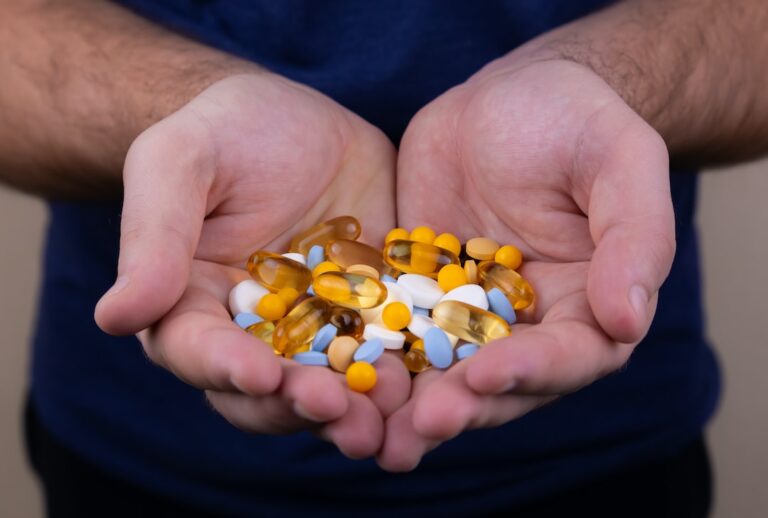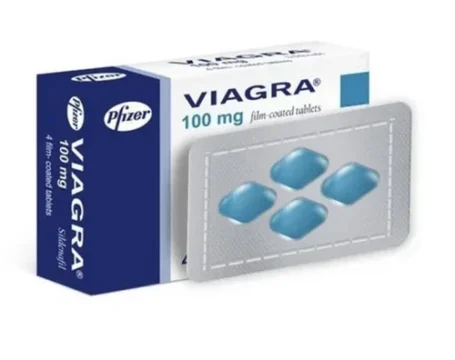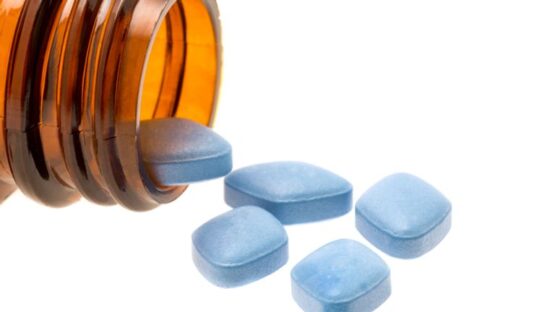- You have no items in your shopping cart
- Continue Shopping

If you’re exploring ADHD treatment options or seeking to understand the differences between 50mg of Vyvanse and Adderall, you’re likely looking for insights into their effectiveness, duration, and overall impact on symptoms. Both Vyvanse (lisdexamfetamine) and Adderall (a combination of amphetamine and dextroamphetamine) are stimulant medications that target similar areas of the brain to improve focus, attention, and impulse control in individuals with Attention Deficit Hyperactivity Disorder (ADHD). However, they differ in their chemical makeup, duration of action, and side effect profiles.
1. Chemical Composition and Mechanism of Action
Vyvanse is a prodrug—meaning that it’s inactive until your body metabolizes it. Once ingested, the liver converts Vyvanse into dextroamphetamine, the active stimulant. This slow activation process leads to a smoother, more gradual onset of effects, which helps reduce the risk of sudden spikes in medication levels and potential crashes.
Adderall, on the other hand, is a combination of amphetamine salts—including both dextroamphetamine and levoamphetamine. It has a more immediate effect once absorbed, providing quicker symptom relief, but sometimes with more pronounced peaks and troughs throughout the day.
2. Dosage Comparisons: 50mg of Vyvanse vs. Adderall
When comparing 50mg of Vyvanse to Adderall, it’s important to note that there is no exact milligram-to-milligram equivalence due to their distinct formulations. A 50mg dose of Vyvanse is typically considered comparable to around 20mg of Adderall in terms of clinical effects, though individual responses can vary. Your healthcare provider will adjust your dosage based on how your body responds to the medication and your specific ADHD needs.
3. Duration of Action
One of the significant differences between Vyvanse and Adderall is how long they last in the system. Vyvanse is often favored for its long-lasting effect, usually offering symptom control for up to 12 to 14 hours. This makes it a popular choice for individuals who need all-day symptom management, such as during school or work.
Adderall comes in both immediate-release (IR) and extended-release (XR) forms. The immediate-release version typically lasts for 4 to 6 hours, while the extended-release version can provide relief for up to 10 to 12 hours. Individuals who prefer a shorter duration or want more flexibility in adjusting doses throughout the day may opt for Adderall IR, while those seeking longer control often choose Adderall XR.
4. Side Effects and Tolerability
Both Vyvanse and Adderall are stimulants, and they share common side effects such as insomnia, decreased appetite, dry mouth, and increased heart rate. However, the smooth onset and prolonged release of Vyvanse tend to result in fewer peaks and crashes, which may reduce the severity of certain side effects like jitteriness or anxiety in some individuals.
Adderall, especially in its immediate-release form, may produce more noticeable fluctuations in energy levels, which can sometimes lead to periods of “crashing” as the medication wears off. However, Adderall’s faster onset may be beneficial for individuals who need quick relief or who prefer a more flexible dosing schedule.
5. Addiction and Abuse Potential
Both Vyvanse and Adderall are classified as Schedule II controlled substances due to their potential for abuse and dependence. However, Vyvanse’s unique prodrug nature makes it less likely to be abused, as it requires digestion and conversion in the body before taking effect. This feature makes it harder to misuse by methods like snorting or injecting.
Adderall, being immediately active, has a higher potential for abuse due to its quicker onset, especially in its immediate-release form. That said, when taken as prescribed and under medical supervision, both medications are considered safe and effective for managing ADHD symptoms.
6. Which Medication is Right for You?
The choice between Vyvanse 50mg and Adderall will ultimately depend on your specific needs, lifestyle, and how your body reacts to the medication. If you require consistent, long-lasting relief with fewer peaks and troughs, Vyvanse might be the better option. However, if you prefer flexibility in dosing or need quicker symptom control, Adderall could be a more suitable choice.
Always consult with a healthcare professional before making any changes to your medication regimen. They will guide you through the process, helping you find the right balance of efficacy and tolerability to manage your ADHD symptoms effectively.
In summary, comparing 50mg of Vyvanse to Adderall reveals nuanced differences in their chemical properties, duration, and side effect profiles. Whether you’re seeking steady, all-day relief or a medication with quicker action, understanding these two medications can help you make an informed decision about your ADHD treatment plan.




